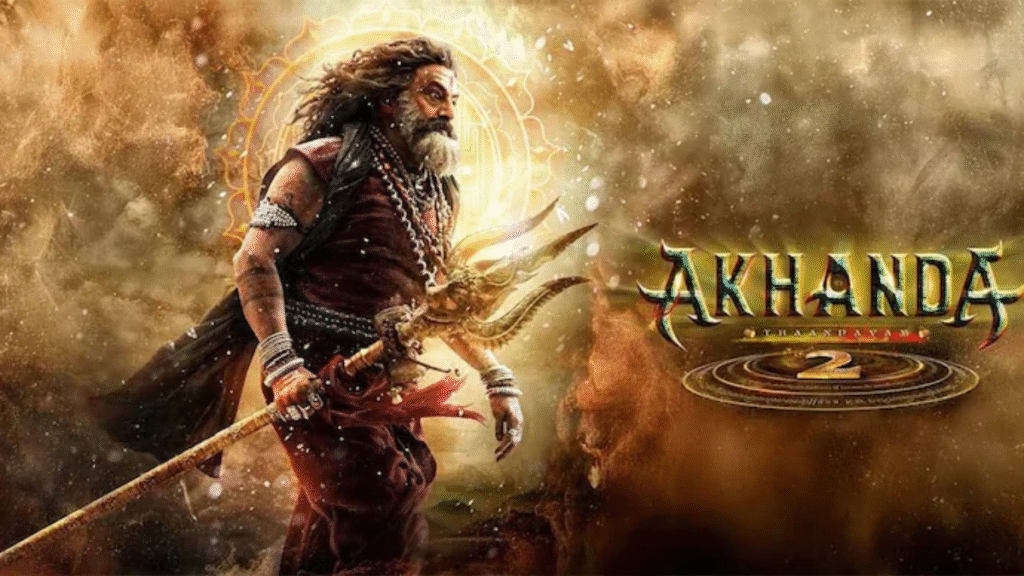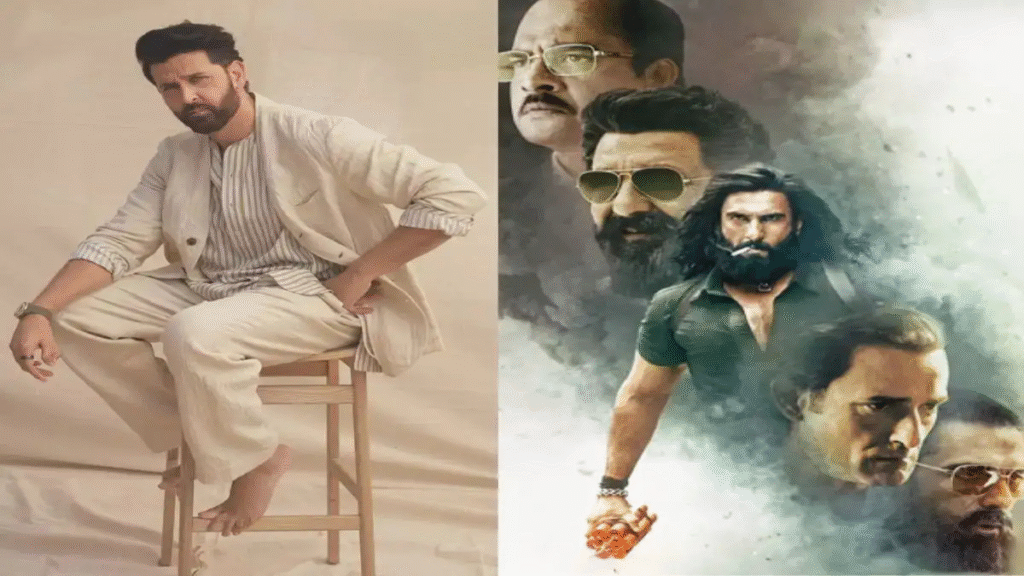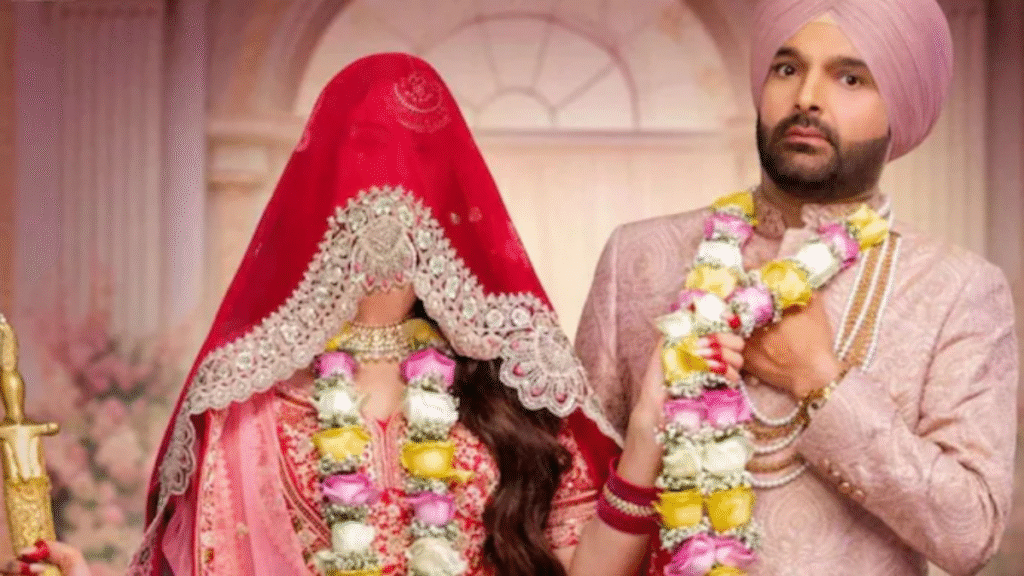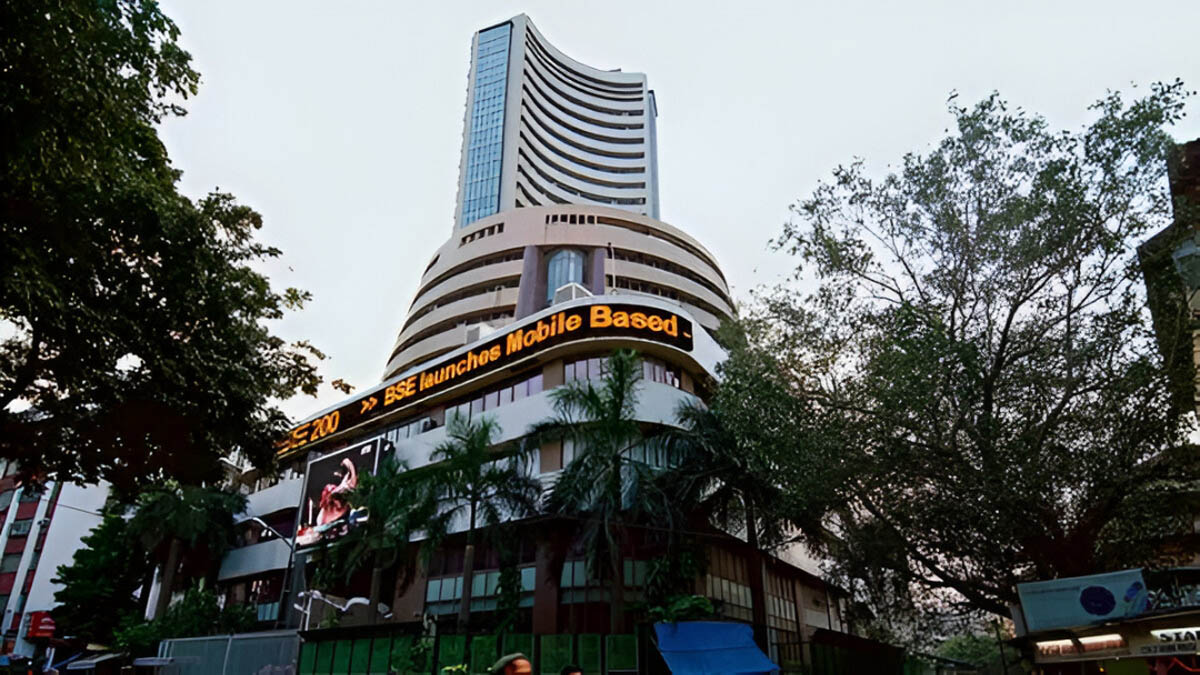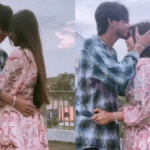Now Reading: ‘Bhool Chuk Maaf’ Review: Rajkummar Rao Trapped in a Time Loop of Troubles
-
01
‘Bhool Chuk Maaf’ Review: Rajkummar Rao Trapped in a Time Loop of Troubles
‘Bhool Chuk Maaf’ Review: Rajkummar Rao Trapped in a Time Loop of Troubles
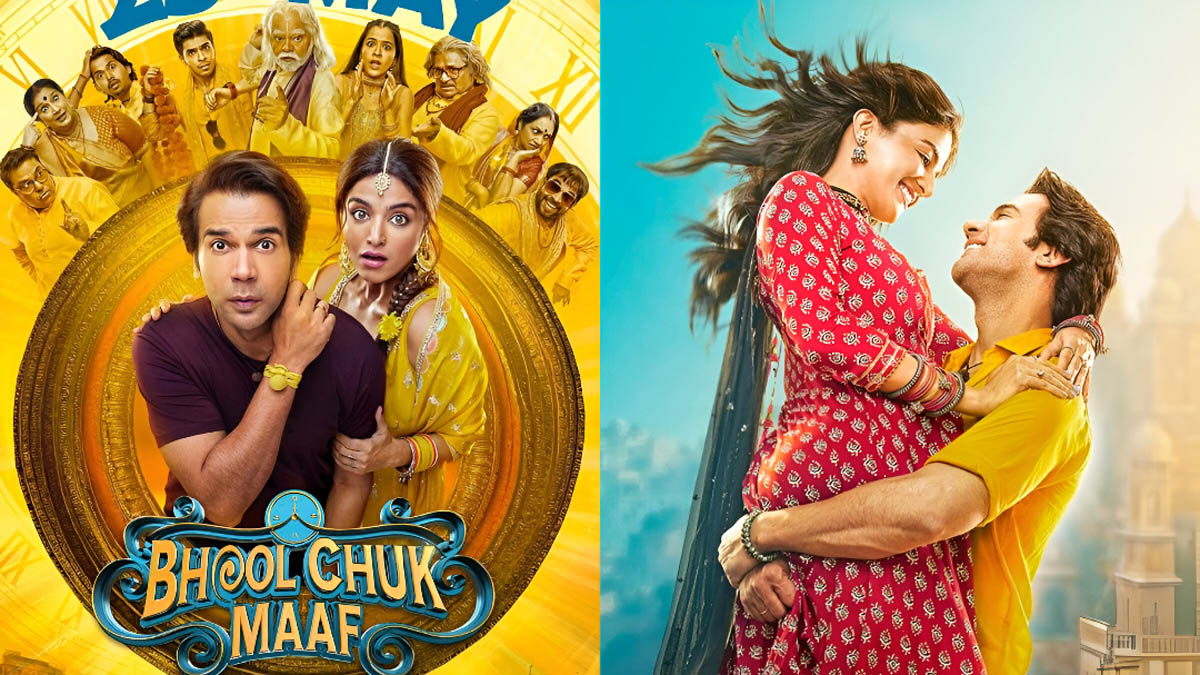
Rajkummar Rao, a name synonymous with versatility, steps into the familiar territory of small-town comedy with “Bhool Chuk Maaf,” a film that attempts to blend the intriguing concept of a time loop with the chaotic charm of an Indian family drama. However, despite Rao’s earnest performance, the movie largely falters, getting stuck in its own lopsided narrative and a problematic portrayal of relationships.
Directed by Karan Sharma, “Bhool Chuk Maaf” centers on Ranjan Tiwari (Rajkummar Rao), a Banaras-based man deeply in love with Titli (Wamiqa Gabbi). Their wedding plans hit a snag when Titli’s father imposes a condition: Ranjan must secure a government job within two months. Through a bit of “jugaad” (workaround), Ranjan manages to land the job, and wedding preparations commence. But then, a peculiar twist of fate throws him into a time loop, forcing him to relive the day before his haldi ceremony, over and over again. The film aims to be a hilarious journey of love, fate, and redemption as Ranjan tries to break free from this repetitive cycle.
On paper, the premise holds promise. A time loop is a relatively fresh concept for mainstream Indian cinema, and setting it against the spiritual backdrop of Varanasi offers a rich tapestry for storytelling. Rajkummar Rao, with his impeccable comic timing and ability to infuse sincerity into his characters, is undoubtedly the film’s strongest asset. He convincingly portrays Ranjan’s frustration and confusion as he navigates the same day repeatedly.
However, the execution leaves much to be desired. One of the most glaring issues is the underdeveloped and often baffling dynamic between Ranjan and Titli. For a love story that supposedly traps a man in a time loop, the emotional depth and chemistry between the lead pair are surprisingly absent. Titli, despite being depicted as an educated and self-aware girl from a respectable family, appears to have little ambition beyond marrying an unemployed man, even going so far as to offer her mother’s jewelry for him. This portrayal feels outdated and contributes to a lopsided view of love, where the woman’s aspirations are seemingly reduced to securing a partner, regardless of his merits. Her performance, at times, leans towards over-the-top, further hindering the connection with her character.
The humor, too, often misses the mark, bordering on crass and even misogynistic at points. A repeated line trivializing pregnancy – “Duniya ka sabse easy kaam hai bacha paida karna, aur usme bhi 9 mahine lag ate hain” (Birthing a baby is the easiest job in the world, but even that takes nine months) – feels tone-deaf and reinforces harmful gender biases. Jokes at the expense of a man whose wife runs a pickle business also reflect an insensitivity that detracts from the film’s overall appeal.
The narrative takes an agonizingly long time to establish its central conflict, with the first half feeling stretched and repetitive. While the time loop concept offers novelty, the film struggles to make each iteration feel distinct or engaging enough to sustain interest. The screenplay, despite moments of sharp dialogue, is uneven, and the numerous subplots and characters jostle for space without proper integration.
Despite the strong supporting cast, including veteran actors like Sanjay Mishra, Seema Pahwa, Zakir Hussain, and Raghubir Yadav, their collective talent can’t fully salvage the disjointed writing. While some individual scenes manage to evoke laughter, the overall flow is interrupted by inconsistencies and a lack of emotional resonance.
“Bhool Chuk Maaf” attempts to weave in themes of compassion and selflessness towards its climax, but these attempts feel shoehorhorned and preachy, losing the lighthearted comedic tone the film initially aims for. The movie’s greatest “bhool” (mistake) might be its ambition to be more than a simple comedy, leading to a muddled message.
Ultimately, “Bhool Chuk Maaf” is a visually pleasing but emotionally hollow experience. While Rajkummar Rao’s dedication shines through, the film struggles to break free from its own narrative loop of unconvincing romance, underdeveloped themes, and problematic humor, leaving the audience hoping for a cinematic apology that never quite arrives.

